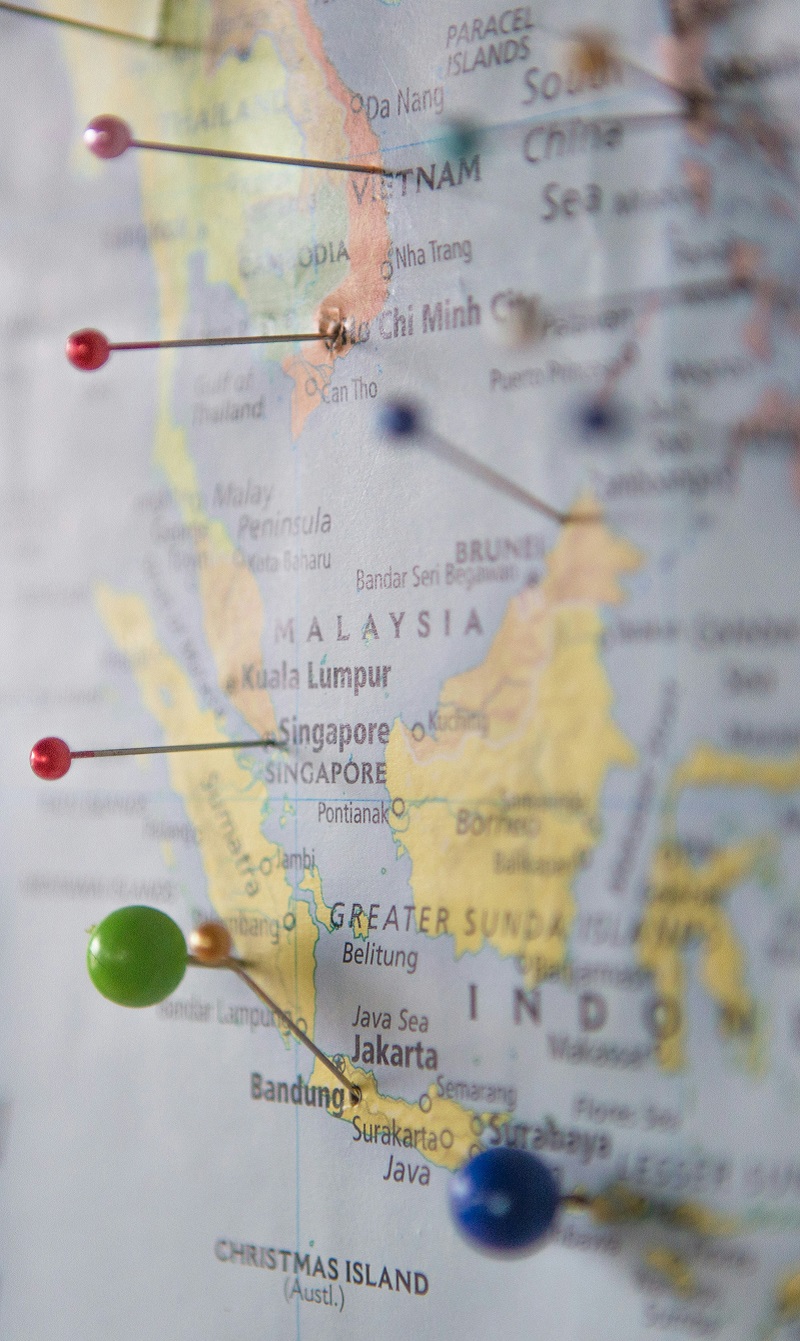Harnessing the Halal Advantage
The halal economy growth potential should not be underestimated as businesses seek to drive new offerings, capture new markets and navigate economic uncertainties. Neha Anna Thomas, Associate Director – Economic Analytics at Frost & Sullivan, explains more on harnessing the halal advantage on the road to economic recovery and diversification. This article is part of In Focus special issue.
The economic, business and policy narrative following recurrent shocks from US-China trade wars, the pandemic, and the Russo-Ukrainian conflict has shifted towards risk mitigation, resilience enhancement and growth insulation. Under this changing world order, the halal economy[1] has a larger role to play as a pathway to unlock new growth opportunities and achieve adaptability. Some policymakers are seen to be prioritising the halal economy in plans and initiatives to foster growth, while businesses also can drive new revenue generation through halal-certified solutions.
OIC and non-OIC Halal Economy Dependency Grows as Resilience Building and Strategic Diversification Become the Order of the Day
Governments and businesses worldwide have had to increasingly navigate a shock-driven terrain in the aftermath of supply chain disruptions and other ripple effects emerging from the pandemic and other tectonic events. In this context, reorientation of trade and supply chains, exploration of new export markets and the like have become key to survive and thrive.
With the halal economy expanding across the OIC and non-OIC economies, Malaysia and Indonesia’s vision to build local halal industry capabilities and serve export markets will help enhance their global positioning and drive export revenues. Malaysia’s post-pandemic policies are reflective of the integral role of the halal industry in accelerating recovery time and boosting growth. The Twelfth Malaysia Plan (2021-2025) identifies halal as a strategic industry, with the Malaysia government following through with the launch of Halal Industry Masterplan 2030 in 2023.
Looking at the GCC region, economic diversification beyond oil is the key policy theme shaping the growth narrative. GCC economies have launched long-term vision plans to drive non-oil growth and the halal industry features as part of this diversification movement. Under the aegis of Saudi Vision 2030, an agreement was signed in 2023 for the establishment of a halal products accelerator programme which will help develop the local halal ecosystem – domestic companies will also receive support to penetrate global halal markets.
The vision of continued diversification can also be seen feeding into the initiatives of emirates of Dubai and Abu Dhabi. The Dubai Industrial Strategy 2030 focuses on encouraging halal-certified companies, with a dedicated halal cluster having been launched within Dubai Industrial City back in 2014 itself. Even Brunei, an oil and gas-dependent economy, has prioritised halal as a key cluster in its diversification journey.
Even in non-OIC economies, there are growing case examples for the role of halal in achieving strategic diversification and building new growth avenues. In 2020, German firms were known to have increasingly expanded into halal products to drive export potential. We also see that German-based Merck KGaA procured halal certification for a pharmaceutical product line in 2021. Philippines, positioned in proximity to OIC South Asian/Southeast Asian economies, is expected to launch a National Halal Strategy as part of efforts to boost halal-driven investment and jobs and meet halal demand emanating from neighbouring and other economies.
The Case for Halal: How the Halal Economy Contributes to Enhanced Resilience and Futureproofing
We see the concept of the halal economy expanding beyond just the adherence of Islamic principles, when it comes to consumers, for example, that associate halal foods with safe or healthy eating. In this context, halal certification becomes increasingly important to address potential consumer trust issues and tap into global consumer demand. Certification also helps drive halal trade between nations. However, there are variances in halal standards and accreditation that need to be addressed to fully tap into this potential. In India, in the recent past, the assurance of certification has helped boost the country’s halal foods domestic and export potential.
Role of the Halal Economy in Driving Agility and Growth

Similarly, with halal production and consumption segments expanding beyond just OIC economies, there is global potential emerging from the halal economy. So, for example, in the event of possible oil production or price volatilities or trade disruptions which could potentially temper halal demand from traditional GCC or Southeast Asian markets, businesses could alternatively look to redirect exports to alternative markets such as the US or Europe.
Lastly, there are growing cases of digital transformation within the halal economy, be it the rapid growth of Islamic fintech or the leverage of augmented reality and virtual reality within halal tourism. Digital and technological advancement by nature is typically associated with risk mitigation and improved navigation through shocks. This can be seen in the case of the post-pandemic e-commerce surge or the rise of digitally-enabled and agile supply chains to circumvent trade disruptions. The digital reshaping of the halal industry will help better shock-proof and withstand volatilities. The integration of augmented and virtual reality in halal tourism, for example, will make travel more affordable and accessible, making this segment of travel and tourism more recession-proof.
Why Should you Build or Expand Your Halal Portfolio? Case Examples from Halal Sub-sectors
Businesses should not overlook new growth opportunities arising from the halal economy, especially with rising global halal demand, fast-growing Muslim population demographics and expectations for higher halal trade growth.
High-End and Experiential Halal Tourism Can Defy Slowdown Cycles
Luxury halal tourism, for example including cruises to remote locations or the facility of private swimming pools, witnessed strong demand even pre-pandemic. Driven by factors such as aspirational demands and young, affluent Muslims, this sector is poised for growth. Demand from luxury tourism travellers will especially be more resilient to cases of economic slowdown.
Producing Halal-Certified APIs and Excipients to Draw new Export Markets
As OIC economies move towards halal pharmaceuticals standardisation, there will be growing demand for halal-certified APIs and excipients[2] which will in turn enhance traceability and speed-up the certification process. Indonesia, for example, has introduced a phased approach to mandatory halal pharmaceuticals certification. However, the Southeast Asian economy is heavily reliant on imported input materials for pharmaceuticals.
The halal economy has thus far successfully transformed from a niche to an emerging sector. The upcoming phase of growth will see more of halal embedded into strategy and decision-making as governments and businesses seek to secure new growth in an evolving global landscape. This would also need to be simultaneously accompanied by progress in the regulatory landscape for halal, along with steps to boost consumer awareness and trust.
[1] Halal refers to permissible under Islamic law. The halal economy ranges from halal foods to halal pharmaceuticals to Islamic finance and more
[2] Active pharmaceutical ingredients (APIs) are chemically active substance which achieve the desired effect; excipients are chemically inactive substance which carry the APIs





